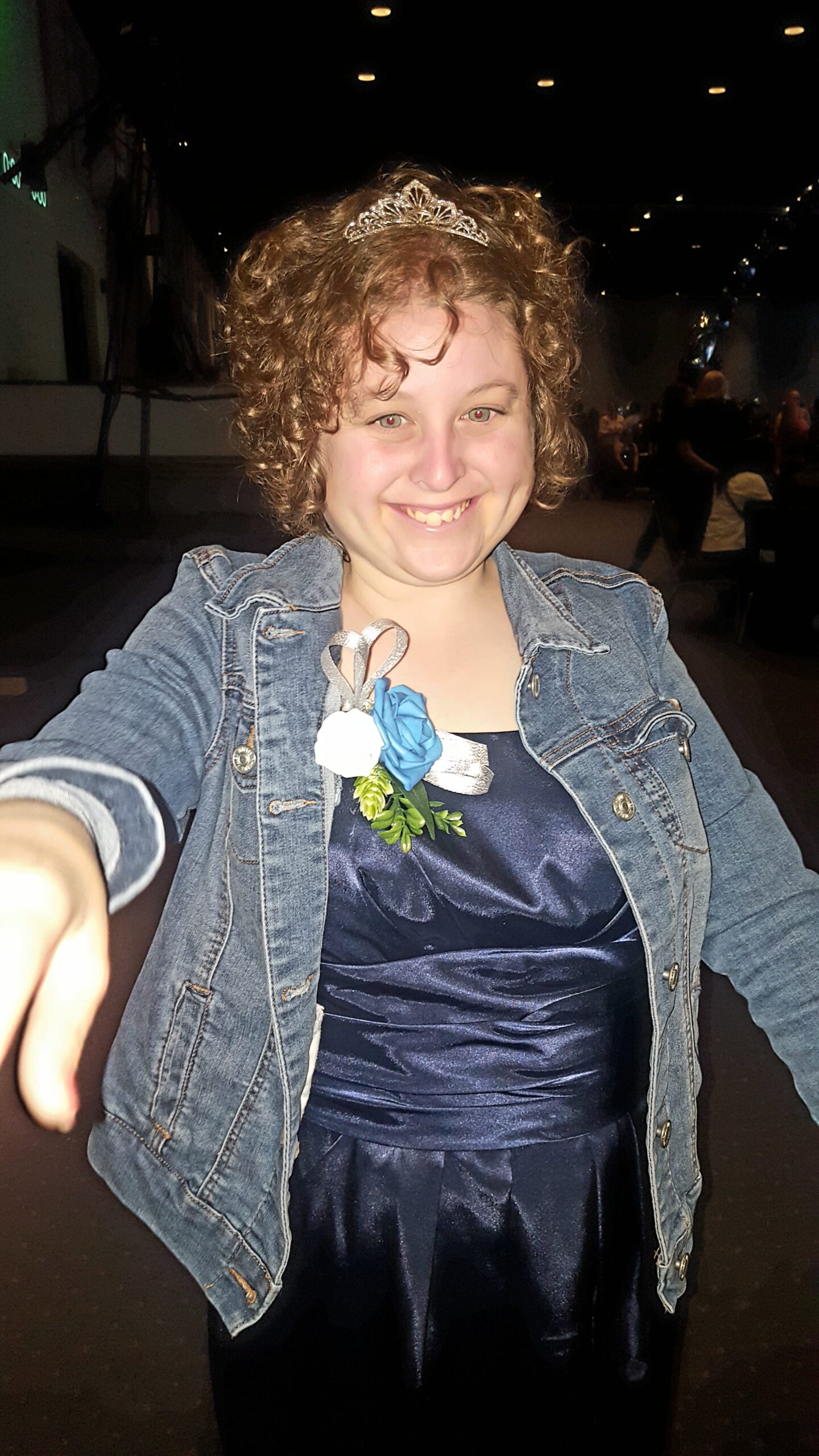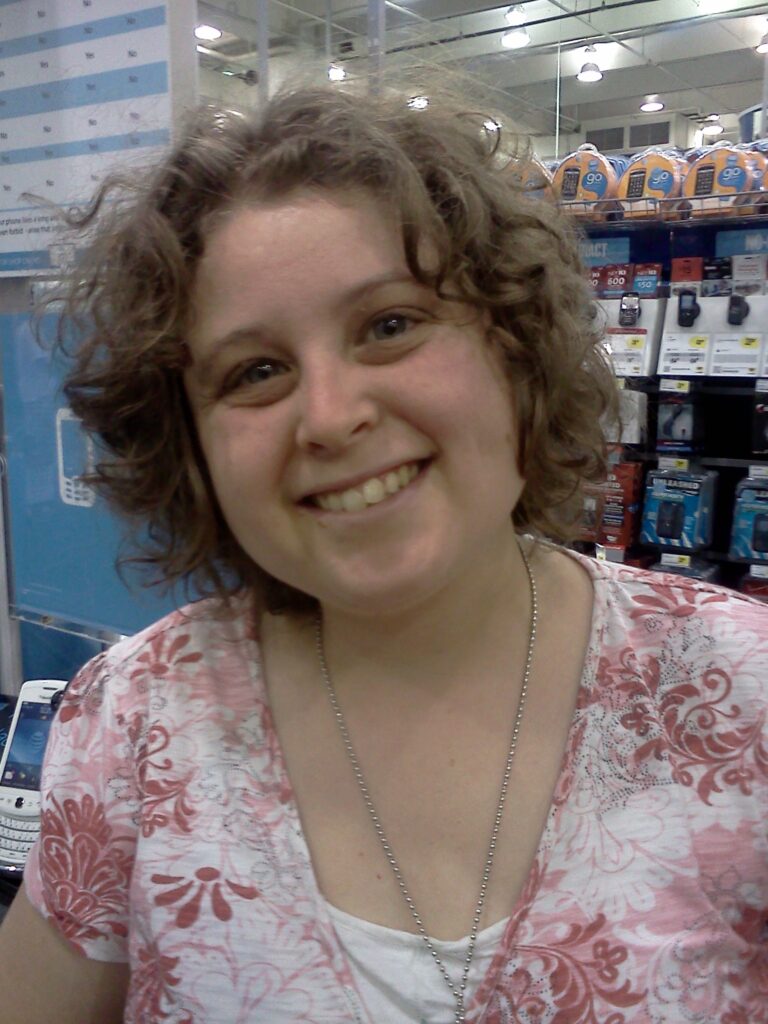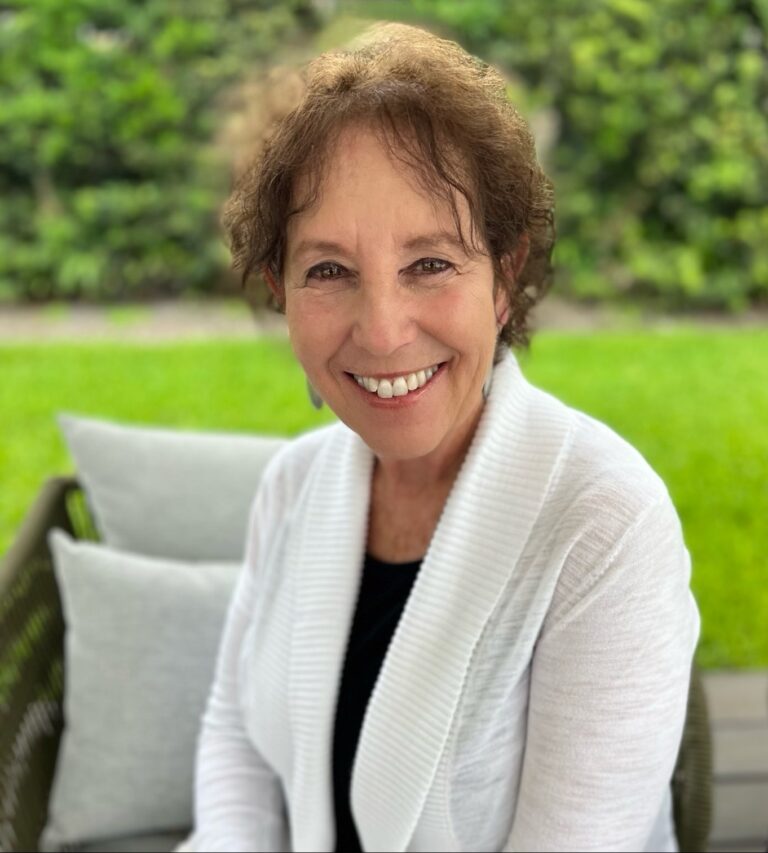I lift the faded black and white class photo out of the box and turn it over. There’s a date on the bottom: 1958. The girl with the headband and ringlets, sitting in the third row of desks, is my best friend, Lori. Everyone used to say she looked exactly like the Shirley Temple doll, popular when we were kids. I’m the tall girl standing next to the teacher. Lori and I were second graders at Henry Flagler Elementary.
The school’s still there, off Flagler Street; although they’ve added so many classrooms and additions, it’s hard to recognize the place. It’s been fifty years since I thought about Lori or the second grade. That was the year our parents mapped out a route and allowed us to walk home by ourselves, and for months, Lori and I followed the same routine: stop at the corner store; purchase snacks, then head for our fifteen-minute walk home.
On one particular afternoon, the shop owner greeted us as we entered the tiny, darkened space. The place reminded me of a dungeon, but Lori and I loved the reprieve from the heat. A light breeze blew through the shop. Fans kept the air moving while the windows and doors remained open. The aroma of candy mixed with the fragrance of dank wood floors. We took our time picking out snacks. My favorite was the Mars bar. I could purchase it for twenty-five cents. Lori’s favorite was Juicy Fruit gum. I never told her I wished she’d pick something else. I was not fond of the overly sweet fragrance, but she was my friend, so I didn’t complain. But that day, Lori picked a Mars bar. She knew I didn’t have any money. At recess, I’d lost my quarter, cried about it, and because we were best friends, she promised she’d share.
After we left the shop, we walked another two blocks and that’s when I spotted him. The tall, lanky kid stood at the end of the street. He held a metal bucket and rocked it back and forth, his gaze bored and a little mean. We were close enough to hear the dull thud the bucket made against his shin. The sound sent shivers down my back, though Lori didn’t seem to notice. She prattled on about how her parents refused to give her extra money that morning, and that was the reason she didn’t have enough to buy the gum and the chocolate bar. I put one hand on her arm to get her attention and pointed with the other. “Hey, isn’t that Tom?”
Tom was one of the sixth graders I avoided. Sometimes he and his friends would hoot at me or grab at the back of my pants. I’d never encountered him outside of school.
“Lori, maybe you should walk to my house. Why’s he standing there? He’s blocking your way.”
But Lori had said she knew Tom; he was her neighbor, and their parents were friends, so I stayed quiet about my uneasy feelings.
Tom’s tousled brown hair flopped over his eyes; he held the handle of the bucket too tightly as it swung from side to side. I said nothing as Lori and I approached the spot where we stopped and bade our goodbyes. I said nothing as I eyed the turnoff, the path which cut between the houses, where the trees shared space with the narrow grey sidewalk, and where the trail was just wide enough for two people to pass. Instead of warning her to keep clear of Tom, I told Lori I had to run home, I had to pee. But the truth was, I was terrified. I didn’t want to know what was in that bucket.
“If you tell the truth, you don’t have to remember anything.”
― Mark Twain
Lori waved me away. A minute later, I heard her. She screamed my name, begging me to come back. I glanced over my shoulder, then watched in horror as Tom lifted a creature out of the bucket. For a second, I considered running back, but I couldn’t move. The turtle’s webbed claws scratched the air. It craned its neck and snapped as Tom lunged toward Lori.
Then I turned and ran down the path. My legs shook as I listened to her screams, but I ran until I couldn’t hear her anymore.
I was breathless when I raced into my house and slammed the door. Fear and shame swirled in my belly. What if Lori were hurt? A half-hour later, the phone rang.
“Didn’t you hear me screaming? Why didn’t you come back? Tom’s so mean. He kept laughing as he chased me with that turtle.”
I could have told the truth, but I didn’t. Tom with his turtle, me with my terror. It was too incomprehensible to explain. I half expected her to point out that a good friend would have come back, that it was our job to protect each other on that walk home. She knew the truth, and yet she let it dance between us like sheets flapping on a clothesline.
The next day, I pleaded with my mother to pick me up after school. I made up a story, said I didn’t want to run into the creepy man who stood between the bushes on that sliver of sidewalk that cut between the houses. I knew that was all I had to say. I didn’t tell her about Tom, the turtle, or how I didn’t help Lori. For a month, I cried myself to sleep.
The lie, my cowardice, both left me paralyzed. I’d always been an introvert, so no one suspected how deeply this affected me. When I had to speak in front of the class or answer the teacher when she posed a question, I’d burst into tears. I stopped speaking to Lori and never told her why I didn’t run back. Because of that, our friendship couldn’t bear the weight of my secret—at least for me.
We never walked home again. I avoided Lori whenever I saw her in school. My mother continued to pick me up. At first, when she asked if Lori needed a ride, I’d tell her no. After a while, she stopped asking.
Before placing the faded photo back in the box, I study the image of my younger self, the gawky girl in the photograph standing shoulder to shoulder with the teacher. Perhaps what happened back then influenced me to become a teacher.
But all that remains from this childhood memory is a burden of regret, entombed between the cracks of a gray sidewalk.
0












